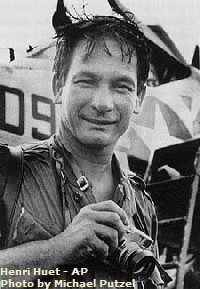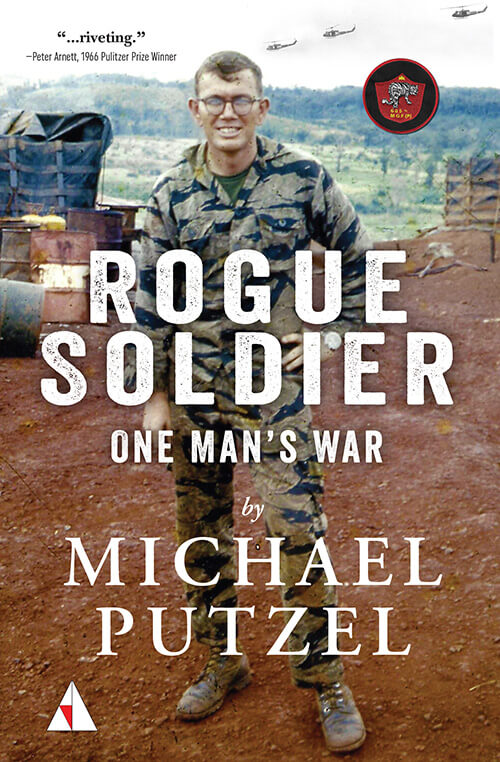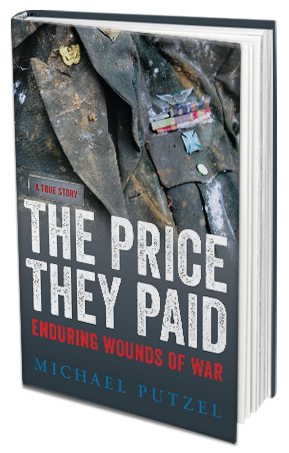Blog
A fateful day
Posted by • February 10, 2016
Forty-five years ago today, February 10, 1971, I lost a dear friend and mentor. Our journalism profession lost not only my friend, Henri Huet of The Associated Press, but three other esteemed comrades when their helicopter was shot down over Laos.

By the time he died at 43, Henri had already shot some of the most remarkable and memorable war photographs of his time. Among those killed with him, Larry Burrows of LIFE magazine had similarly captured images that spoke volumes about the agony and devastation of war. Two younger, but also gifted photographers, Keisaburo Shimamoto of Newsweek and Kent Potter of UPI, went down with them. Hardly noticed was another young photographer, a gentle South Vietnamese army sergeant named Tu Vu, who sold some of his best work to the AP.
Oddly, the bitter loss of friends and colleagues that I tried desperately to tuck away in order to do my own job covering the war touched off a chain of events that led me, decades later, to pursue a very different story, an examination of what war does to those who fight.
I followed and wrote about the shootdown of the photographers because I was covering the same military operation they were, the U.S. and South Vietnamese attempt to cut the Ho Chi Minh Trail in Laos in early 1971. In tracking down their story, I learned an American air cavalry troop commander, Major James T. Newman, had witnessed the fiery crash and attempted to warn the Vietnamese flight crew they were flying over a known enemy antiaircraft gun.
The next day, Newman flew me over the crash site to show me there was no chance of survivors. That gesture introduced me to a remarkable military leader whose men followed him into the fiercest combat any of them had ever seen, knowing that no matter what happened, he would never leave them behind.
I kept in touch with Newman, on and off, in the years after the war and was invited to say a few words at his burial at Arlington National Cemetery almost four decades later. It was at that service I learned that Newman himself returned from the war a changed person: a soldier who walked out on his wife and left two teenage sons behind and never spoke to the boys again. I embarked on a search for some explanation of how a man idolized for his courage and loyalty in combat could turn cruel and fickle once safely home.
My journey of discovery revealed that the men who flew and fought for Newman in Vietnam and Laos had their own struggles after the war. Some turned to alcohol and drugs; some retreated from society. A few pursued ostensibly successful careers and family lives after the war, only to be brought down by some flashback or incident many years later. I tell their story in The Price They Paid: Enduring Wounds of War.






